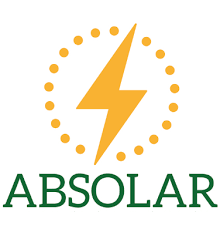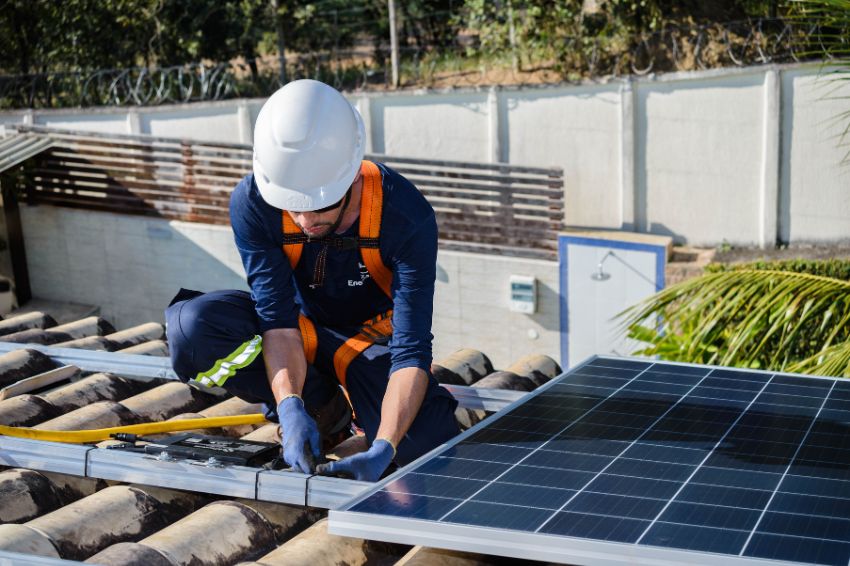Authors
Pedro Drumond, director of RH Renováveis and State Coordinator of ABSOLAR in São Paulo
Rodrigo Sauaia, CEO of ABSOLAR
Ronaldo Koloszuk, president of the Board of Directors of ABSOLAR
A survey carried out in 2018 in Brazil showed that 90% of hirings in the country are made based on technical criteria, using the professional's experience with certain specific knowledge as the main point of evaluation. On the other hand, more than 90% dismissals occur due to behavioral incompatibility.
This highlighted a very controversial issue related to hard and soft skills, terms used to determine technical (hard) and behavioral (soft) qualifications, respectively.
In the photovoltaic solar energy market, managers have always highlighted the low qualification of professionals as a serious problem and operational challenge for the success of companies.
The strong growth in demand in a short period of time does not provide a natural environment for the maturation of professionals, many of whom migrate from other markets.
Therefore, what can be seen in this sector today is that technical skills, which were so in demand a few years ago, are reducing their importance in relation to the behavioral characteristics of employees.
Given these findings, if companies hire for technical knowledge and then lose employees due to behavior, wouldn't it be better to reverse this logic and hire behavior to then train knowledge?
Technical knowledge can be trained, as long as the company has efforts and resources dedicated to training and recycling. Furthermore, with technological evolution becoming increasingly accelerated, tools and methodologies applied today will not work tomorrow.
For these reasons, well-developed behavioral skills are much more effective in increasing team performance and ensuring longer-lasting partnerships between professionals and companies in the sector.
Among the most requested behavioral skills, we can highlight: learning capacity, emotional management and communication. The latter, when done well, allows you to optimize teamwork and the transmission of information in a clear and coherent way.
Whether in sales or engineering, there is very little point for the company to have great solutions if the information is not understood by its customers. Or, when the company has a specific action plan that involves a group of people, if communication is not assertive, the details are lost and the projects can be compromised.
It is worth remembering that when it comes to communication, the receiver is the most important. The way the message is transmitted must take into account the receiver's profile and not just what the transmitter thinks is going on.
In relation to resilience, it is possible to create a parallel with the cultural fit between the company, employee and the market. In other words, a person who shares the same values and has their motivation linked to what the company does is much more capable of learning new things, solving complex problems and withstanding pressure. For this reason, this soft skill is increasingly valued: because it gives results.
We all give up more easily when we're working on something we don't think is very important. Furthermore, by adhering to cultural fit, a professional works in a more collaborative way, improving their work environment and relationships with other professionals in their environment, as well as with suppliers and customers.
Emotional management, in turn, is a person's ability to deal, harmoniously, with the variables that the world presents. We know that many things that happen to co-workers, customers and the market, in general, do not depend on our will.
People with good emotional skills understand that they must work on variables that they themselves control and prepare plans to overcome objections arising from variables that they do not control. Thus, the focus and energy remain on studies, customer prospecting, strategies, control indicators, effort, among others.
Absorbing problems that are not in our control takes up space in our daily lives that could be dedicated to producing new ideas, projects and methodologies. Emotional fragility and teamwork difficulties sabotage performance and, consequently, individual and collective results.
Therefore, the challenge for photovoltaic companies, which recently reached the historic mark of 1 million jobs accumulated since 2012, according to recent data from ABSOLAR (Brazilian Association of Solar Photovoltaic Energy), – and will continue hiring in the coming years, is to establish efficient hiring and people management models, with methodologies and objective performance analyses.
All this for the even greater improvement of activities in the solar photovoltaic sector, which will play an increasingly fundamental role in the social, economic and environmental development of Brazil.
















